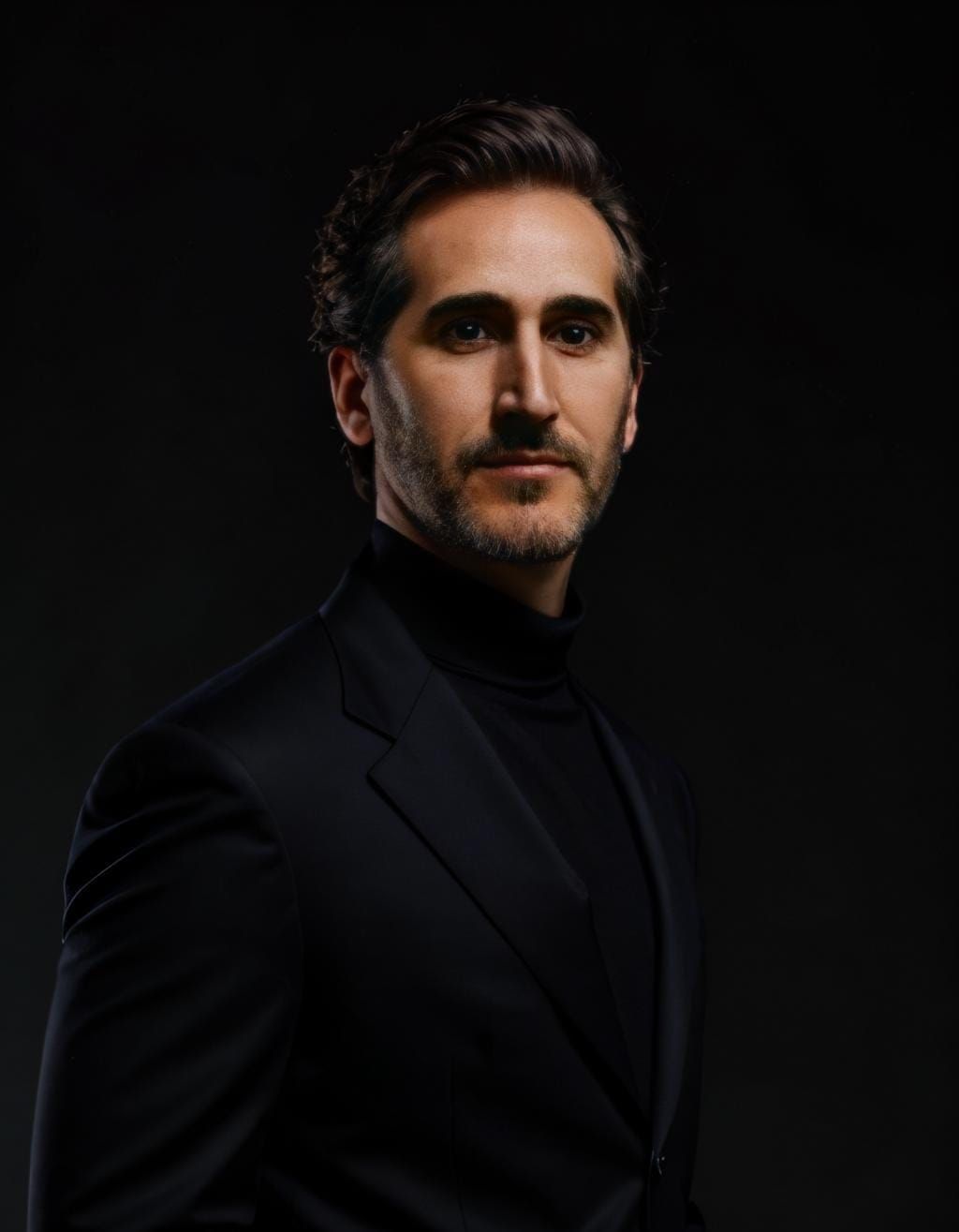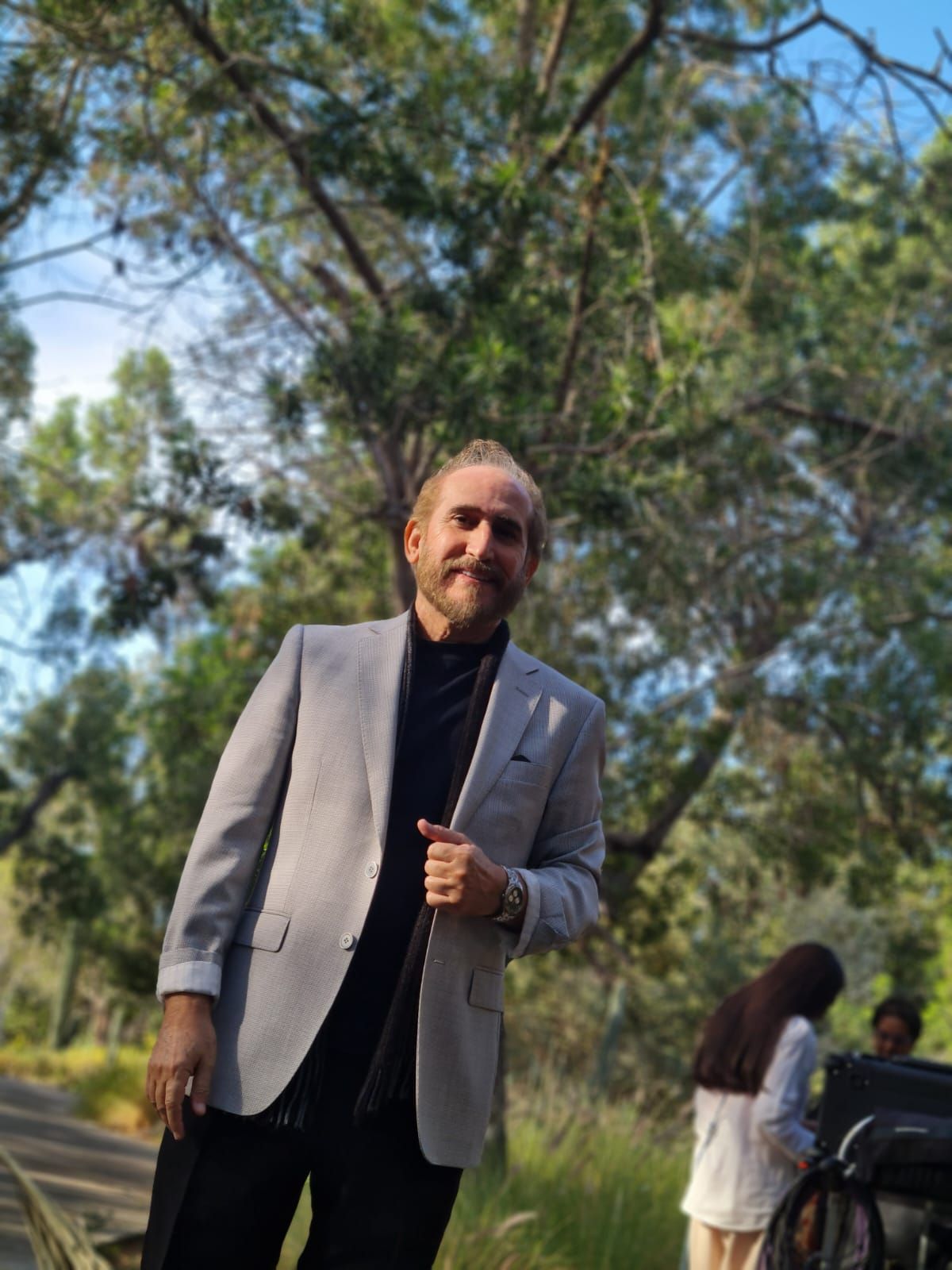Biography of Dr.Mashhad Al Allaf
The life of Dr.Mashhad Al Allaf

Early Life & Education
He was born and raised in Nineveh, Iraq, between the Tigris and Euphrates rivers. After completing his
secondary education, he moved to Baghdad, where he earned a Bachelor of Arts in Philosophy with
honors in 1981, followed by a Master of Arts in Philosophy in 1985, specializing in the philosophy of
science, both from the University of Baghdad.
His academic career bridges Western and Islamic traditions in philosophy, science, ethics, and theology.
His influence spans publications, teaching, and cross-cultural intellectual dialogue.
Academic Career & Teaching Roles
Awarded a Ph.D. in Philosophy (Modern Philosophy, Science, and Metaphysics) from the University of
Tennessee, Knoxville in May 1995.
Through his publications and teaching, he has contributed significantly to deepening mutual
understanding, tolerance, and fostering meaningful exchange of ideas.
Taught Modern philosophy, Islamic studies, ethics, biomedical ethics, and critical thinking across U.S.
universities, including University of Toledo (as Endowed Chair of Islamic Studies, 2006–08), Washington
University in St. Louis, Saint Louis University, and Webster University.
Relocated to the United Arab Emirates, serving academic roles at the Petroleum Institute (later
integrated into Khalifa University), and American University of Ras Al Khaimah (chairing Humanities and
Social Sciences in 2017–18), then teaching at University of Sharjah, at the department of History and
Islamic Civilization, focusing on History and Philosophy of Science, Medieval Philosophy and its impact
on the Renaissance.
Key Contributions & Research Interests
His research spans: philosophy of science, logic, metaphysics, Islamic philosophy and theology,
biomedical ethics, ethics in engineering, and the history of science in Islamic civilization.
Explored epistemological frameworks, introducing models like “Unique Quantification” and the
distinction between “Core Statements of Religion” and scientific “Protocol Sentences”.
Major Publications
The Essential Ideas of Islamic Philosophy (2006) – an accessible introduction to key Islamic philosophical
thinkers and concepts.
Operationalism: Einstein and Bridgman on Philosophy of Science (Dar Nineveh, Damascus, 2014).
Locke’s Philosophy of Science and Metaphysics (Edwin Mellen Press, 2007).
The Original Texts of Islamic Philosophy: From AlKindī to Muhammad Iqbal (2021) – awarded the Simon
Evans Prize for distinguished scholarship .
Two 2023 titles: Jābir ibn Hayyān & Elixir and Jābir ibn Hayyān’s Corpus—detailed studies of classical
Arabic science and manuscripts.
Academic Service & Public Engagement
Founded the Philosophy Department at AlMustansiriyya University, Baghdad (1989–90), and later led
engineering ethics initiatives at the Petroleum Institute, including establishing an Engineering Ethics
Oath introduced at graduation ceremonies.
Organized academic events like the International Symposium on Engineering Ethics, chaired reading
circles (for philosophers and women in UAE), and delivered lectures worldwide, including at Harvard,
Stanford, and regional institutions on topics such as ethics, Islamic science, epistemology, and
philosophy of technology.
Publications & Intellectual Focus
Authored numerous scholarly works including The Essential Ideas of Islamic Philosophy (2006), Locke’s
Philosophy of Science and Metaphysics (2007), The Original Texts of Islamic Philosophy: From AlKindī to
Muhammad Iqbal (2021, awarded the Simon Evans Prize), and Jābir ibn Hayyān & Elixir (2023), From
Arabic into Latin Kingdom, 2024, The World and my Philosophy, 2020.
His research explores philosophy of science, Islamic metaphysics, logic, ethics (biomedical and
engineering), and the history of science in Islamic civilization.
Summary
Dr. Mashhad AlAllaf is a distinguished IraqiAmerican philosopher and scholar, whose academic career
bridges Western and Islamic traditions in philosophy, science, ethics, and theology. From founding a
university philosophy department in Baghdad to shaping curriculum and ethics at institutions in the U.S.
and UAE, his influence spans publications, teaching, and cross-cultural intellectual dialogue.







